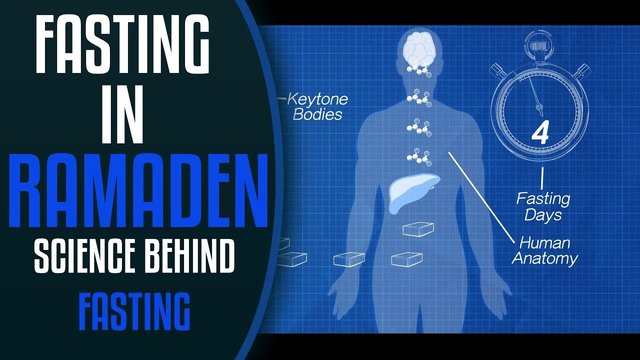The Science Behind Ramadan and Weight Loss: 10 Key Points

Ramadan is the ninth month of the Islamic calendar, during which Muslims worldwide observe fasting. Fasting in Ramadan is a way for Muslims to practice self-discipline, self-control, and empathy towards those who are less fortunate. In addition to the spiritual benefits, many people also experience physical benefits, such as weight loss, during Ramadan. Here are ten points that explain the relationships between Ramadan and weight loss:
Fasting during Ramadan means refraining from food and drink from dawn until sunset. This practice can lead to a reduction in the number of calories consumed per day, resulting in weight loss.
When fasting, the body switches to burning stored fat as an energy source rather than relying on glucose from food. This process is known as ketosis, which can contribute to weight loss.
Fasting during Ramadan can help regulate insulin levels, which in turn helps control blood sugar levels and promotes weight loss.
By reducing the number of meals consumed per day, fasting can help individuals reduce their overall caloric intake, leading to weight loss.
Fasting can also help reduce cravings for high-sugar and high-fat foods, which can contribute to weight gain.
During Ramadan, people typically have two main meals: Suhoor (pre-dawn meal) and Iftar (post-sunset meal). Planning healthy and balanced meals during these times can help individuals maintain a healthy weight.
Ramadan can encourage people to adopt healthier eating habits, such as consuming more fruits and vegetables, and reducing their intake of processed foods and sugary drinks.
Fasting during Ramadan can also help individuals become more mindful of their eating habits, which can lead to healthier food choices and ultimately weight loss.
Physical activity is encouraged during Ramadan, but it is typically done after breaking the fast. This can help individuals burn calories and promote weight loss.
Ramadan is a time of spiritual reflection and self-discipline. Practicing self-control during the month can extend to other areas of life, including maintaining a healthy weight.
In conclusion,
Ramadan and weight loss have a positive relationship due to the practice of fasting and healthy eating habits during the month. However, it is essential to maintain a balanced and nutritious diet and engage in physical activity to achieve and maintain a healthy weight.